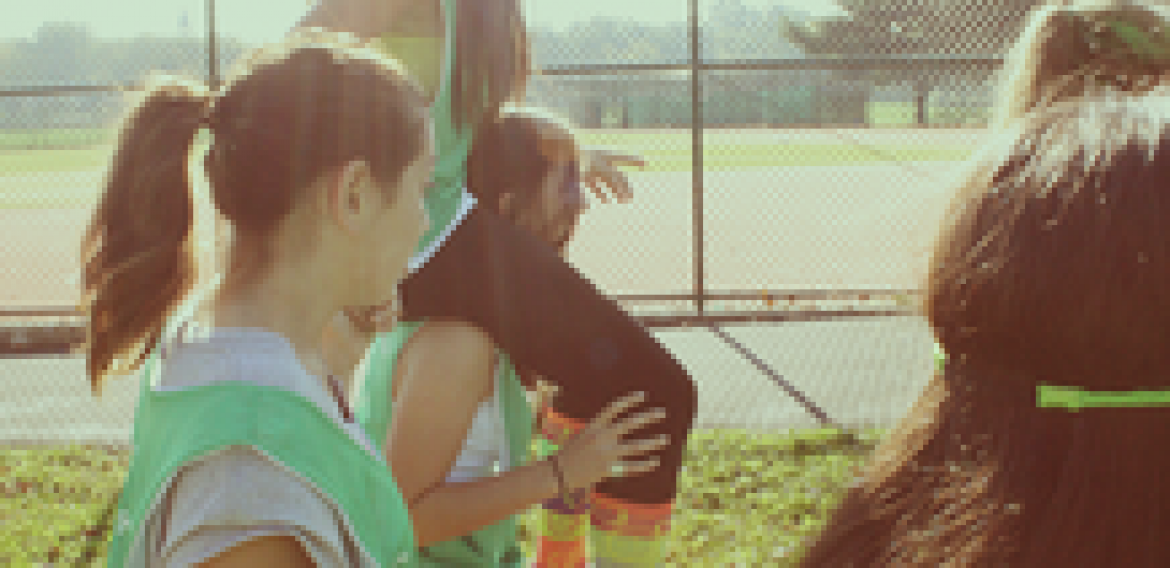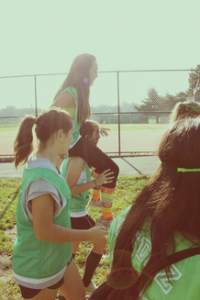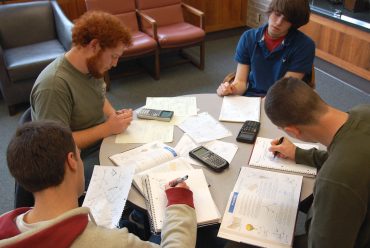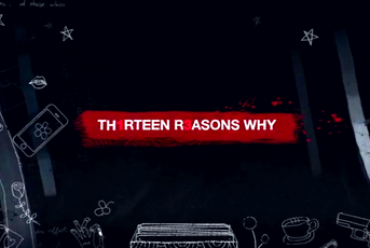Helping Teens with their Social and Emotional Health
I’m a mom to two teenage girls. When I tell people this, some laugh knowingly, and most offer pity. It’s an interesting twist in my life; I’ve been teaching adolescents since 2007 and have helped hundreds of parents get their teens to do homework, improve their reading and study skills and more.
I now work with teens who are socially isolated or rejected by their peers. Parents ask me to intervene when their kids are being teased or bullied, or if they’re not developing or maintaining friendships. We often hope it’s a phase and that it will get better. But the science of behavior shows that negative experiences will more likely discourage teens from trying to make friends after a while. This puts their mental health at risk. So what can be done?
Here are my tips for parents of teens showing signs of peer rejection or social isolation:
-
Use positive reinforcement
For many kids, especially those with ADHD, anxiety or Autism, social situations are hard. Celebrate the attempts and successes, no matter how small. If they have a setback, address it and move on. Staying positive and recognizing hard work ensures they’ll keep trying.
-
Encourage self-awareness
Sometimes teasing is really embarrassing feedback about hygiene or something else hard to hear. Everyone has to recognize they aren’t perfect. If we know what we need to work on, we’re able to practice and develop skills in that area. Acknowledging a weakness in social situations, such as having trouble keeping a conversation going or not knowing how to play fair, is the first step in building social skills.
-
Help them find an appropriate source of friends
Your teen might be trying to fit in with a group that doesn’t accept him. You can suggest trying another group based on common interests. If they haven’t been able to make friends at school, enroll them in an extracurricular. Free activities at the library or even volunteering gives them exposure to peers who share their interests and provides practice and opportunities for developing relationships.
-
Coach them through tough situations
When teasing, bullying, rumors or gossip happen, give advice based on what other teens do. Tattling or having a parent step in can make things worse. Teach your teen to shrug it off and make it apparent to the teaser that it doesn’t bother them. Having a group of friends also protects against bullying. Of course, if bodily harm is at stake, they need to involve an adult.
-
Enroll in a social skills class
Social skills classes are available to teens with and without diagnosed disabilities and can help when a teen is experiencing trouble making or keeping friends. The PEERS® program is the only parent-assisted, research-based program that consists of 14 sessions to teach conversation skills, electronic communication, appropriate uses of humor, sportsmanship, hosting get-togethers, handling teasing and bullying and more. For more information on PEERS®, visit http://www.proactivelifeskills.org/social-skills–peersreg.html
Kelly Weedon Noda, MA, taught middle and high school for the Diocese of St. Augustine from 2007-2015 and has been a college English instructor and a tutor in UNC-C’s writing program. Most recently, Kelly has been a provider of in-home ABA therapy for teenagers with Autism Spectrum Disorder in Jacksonville and has taught small group and one-on-one life and communications skills in a pediatric rehabilitation center and private school. She has a master of arts in English and is currently completing a second master’s in Exceptional Student Education with a concentration in applied behavior analysis. Her certifications include Teaching English 6-12 (FL DOE), Clinical Educator Training/CET (FL DOE), Professional Crisis Management Practitioner 2 (PCMA), Grief Peer Support Facilitator (Rainbows International), Registered Behavior Technician (BACB) and Certified PEERS Provider (UCLA Semel Institute for Neuroscience and Human Behavior). In her spare time, Kelly enjoys spending time with her teenage daughters, husband and Bassett Hound, Buddy. She also volunteers with various programs of Catholic Charities.








